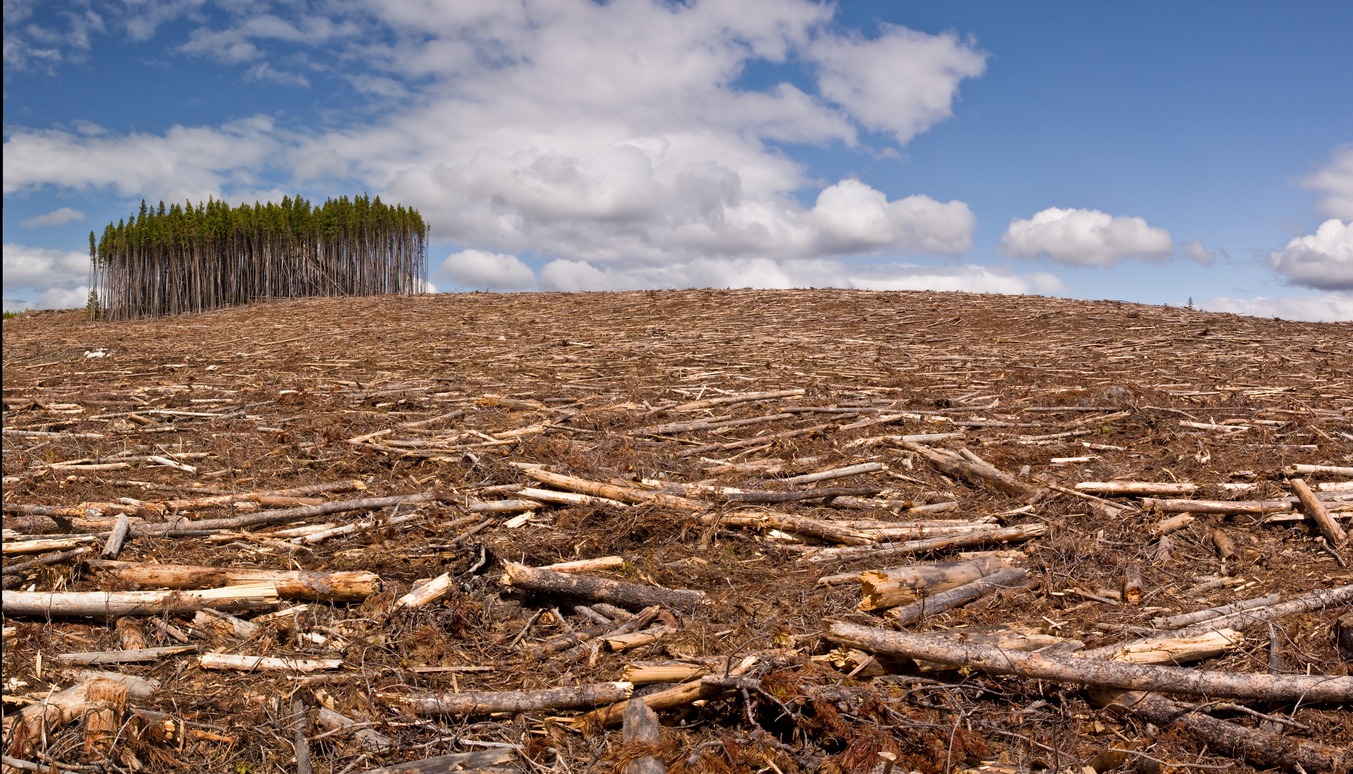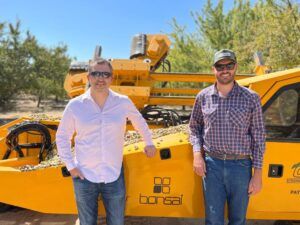Corporations with commitments to end deforestation across their supply chains are woefully at risk of failure. This lack of action is putting these companies, most of which are dependent on forest-related commodities like timber and palm oil, at risk of more than $30 billion in business losses, according to a new report from environmental non-profit CDP.
The report identifies leading consumer brands such as Associated British Foods, The Kraft Heinz Company, and Avon as at risk, owing lack of awareness on commodities’ impacts on their business. Others, like PepsiCo–one of the most engaged companies in the research sample–self-identify business risks.
“PepsiCo recognizes that severe weather events, losses of ecosystem services, and an unsteady supply of certified sustainable material have the potential to adversely impact our supply chain over the next one to three years,” the company stated in the report, referring to its timber supply chain.
In all, fewer than 30% of commodity-dependent companies in fast-moving consumer goods, food and beverage, retail and other sectors track or disclose information relating to deforestation in their supply chains, according to the report. Only a small number of those attempt to quantify potential financial impacts. This suggests that actual corporate exposure to deforestation could tally in the hundreds of billions of dollars, rather than tens of billions.
“The low level of reporting on this data point suggests that this figure is significantly underreported—and that companies are perhaps unaware of the potential cost of forest risk,” CDP’s The Money Trees report states.
Loss of forest lands is a critical issue of environmental concern, owing to the important role forests play in capturing and balancing atmospheric carbon dioxide and supporting biodiversity. Four major global commodities are responsible for most global forest loss: cattle, timber, soy and palm oil. Thus, understanding how businesses manage their supply chains around these commodities is critical to forest conservation and ultimately, mitigating climate change.
Yet, of the 1,500 global companies that CDP reached out to for its report, only 306 offered data on their deforestation exposure and action, while 350 companies declined disclosures for three or more years running.
“The silence is deafening when it comes to the corporate response to deforestation,” said CDP’s global director of forests Morgan Gillespy.
No will, no way
The biggest weakness across the board appears to be lack of “zero deforestation” commitments, which lessens the impetus for other actions like setting supply traceability targets, engaging and monitoring suppliers or using third party certifiers. Those closest to the land are the worst offenders in this respect, with 84% of land-owning companies and 74% of corporate upstream commodity suppliers neglecting to set forest commitment for 2020. Specifically, action in soy and cattle supply chains lags action in timber and palm oil.
A small number of companies appear particularly out of touch with the day-to-day drivers of their own businesses: 3% don’t know if they “produce, use or sell materials or products that contain one of the four forest risk commodities,” including cattle, timber, soy, and palm oil. An additional 11%, including food and cosmetics giants like Associated British Foods, The Kraft Heinz Company and Avon, do not report commodity-linked revenue.
This lack of priority and transparency will ultimately hurt businesses’ own performance in the long-run. “Companies are already telling us reputational risk is the top risk they see from deforestation,” said CDP’s global director of forests Morgan Gillespy. “This is likely to become ever more prominent as sustainable consumption trends continue and the market shifts.”
Indeed, investors and consumers alike are increasingly demanding information about products and services they use, and the social and environmental impacts of those products and services.
“Investors demand this information to understand their exposure to risk related to these highly scrutinized commodities and expect companies to understand their financial exposure as well,” the report states.
Meanwhile, 87% of European consumers seek deforestation-free products, while 51% of Brazilians would trade lower product prices for stricter environmental laws.
The good news?
Consumer and investor momentum against deforestation has opened at least a $27 billion opportunity for the minority of companies investing across their supply chains. The biggest opportunity is $13.8 billion in additional brand value, followed by $2.6 billion from driving conscious consumer behavior.
Japanese chemical company Kao, for example, anticipates 30 billion yen ($277 million) in increased revenue from sourcing sustainable palm oil for its laundry detergents.
“Kao sees the financial opportunity in investing in more sustainably-sourced palm oil and building capacity within its supply chain as it expects consumers’ demand for ethically sourced products to grow,” the company said in CPD’s report.





